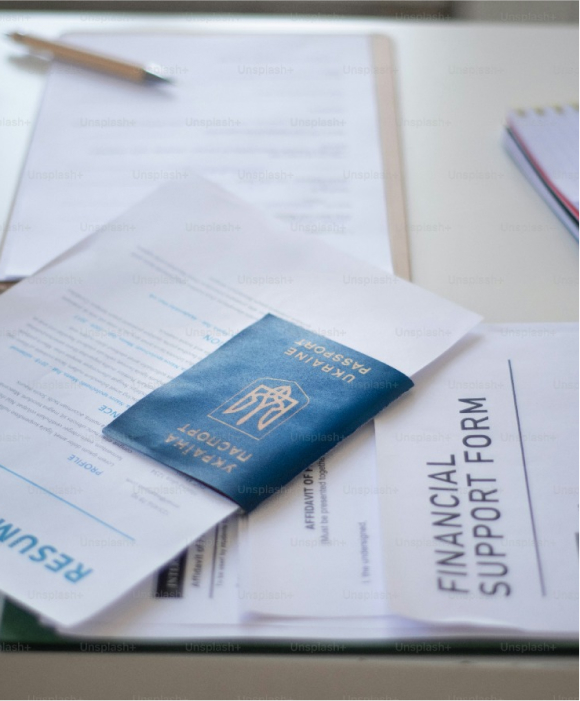Work Right
International students in the UK on a Tier 4 visa can work up to 20 hours per week during term time and full-time during holidays.
After completing an eligible course, students can apply for a Post-Study Work Visa to work in the UK for up to 2 years (or up to 3 years for doctoral graduates).
Availability of Jobs
The UK job market offers various part-time and full-time employment opportunities for students, particularly in retail, hospitality, customer service, internships, and research assistantships.
Graduates can find job opportunities in fields like finance, technology, engineering, healthcare, and education, especially in cities like London, Manchester, and Edinburgh.
Minimum Wage
The National Minimum Wage in the UK varies depending on the age group of the worker:
Under 18: £5.28 per hour
18 to 20: £7.49 per hour
21 to 22: £10.18 per hour
23 and over: £10.42 per hour (as of 2024).
Job Search Support
UK universities and institutions often provide career services and job placement assistance to help students find employment opportunities. They offer resources, workshops, and guidance on resume writing, interview skills, and job search strategies.
Work Opportunities
After graduation, international students may be eligible for the Post-Study Work Stream of the Temporary Graduate Visa (subclass 485), allowing them to work in UK for a period of two to four years, depending on their level of study.
Work Right
International students with a valid student visa are generally allowed to work part-time during their studies. They can work up to 48 hours per fortnight during the academic term and full-time during scheduled breaks.








